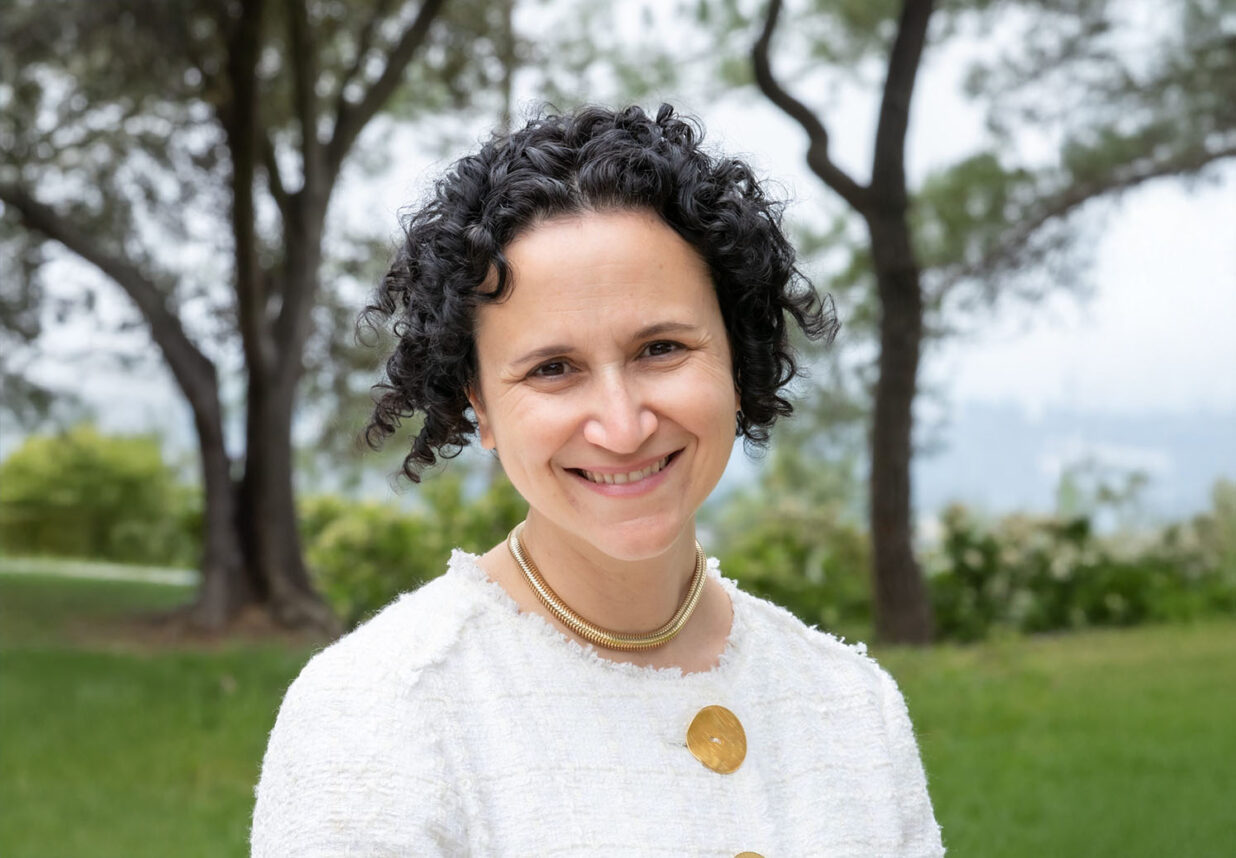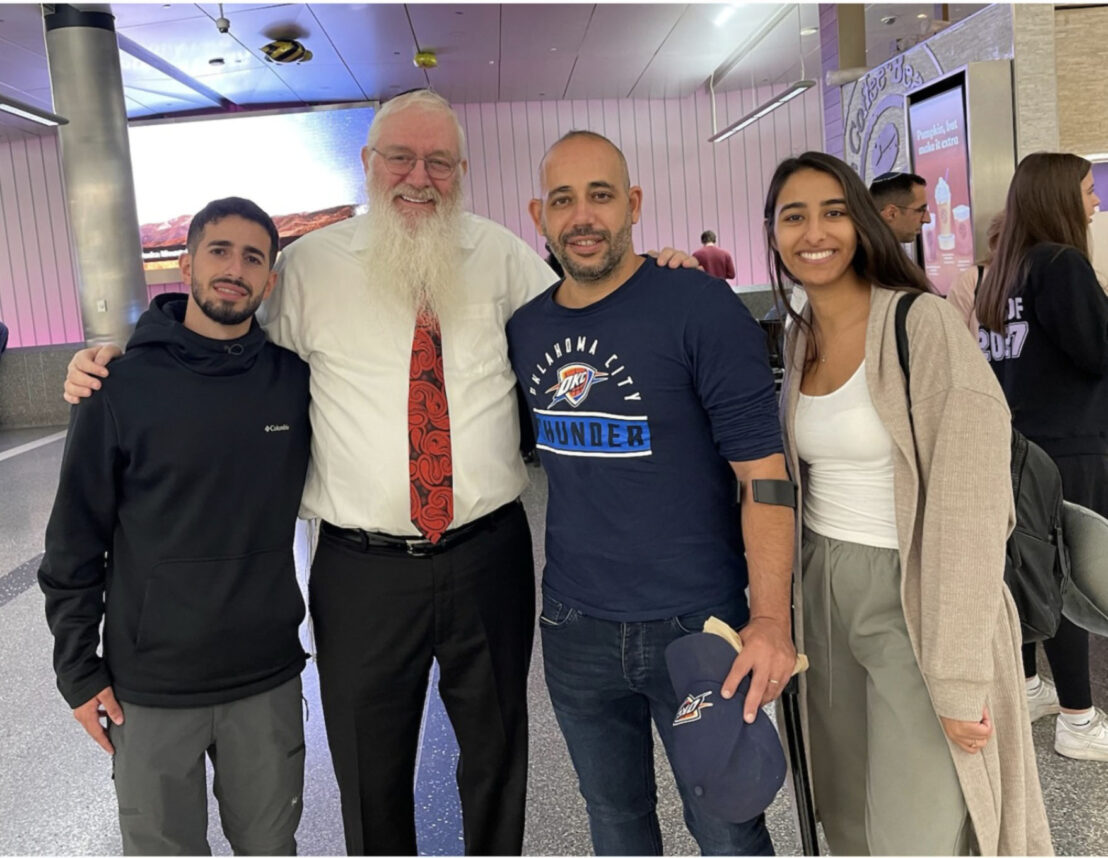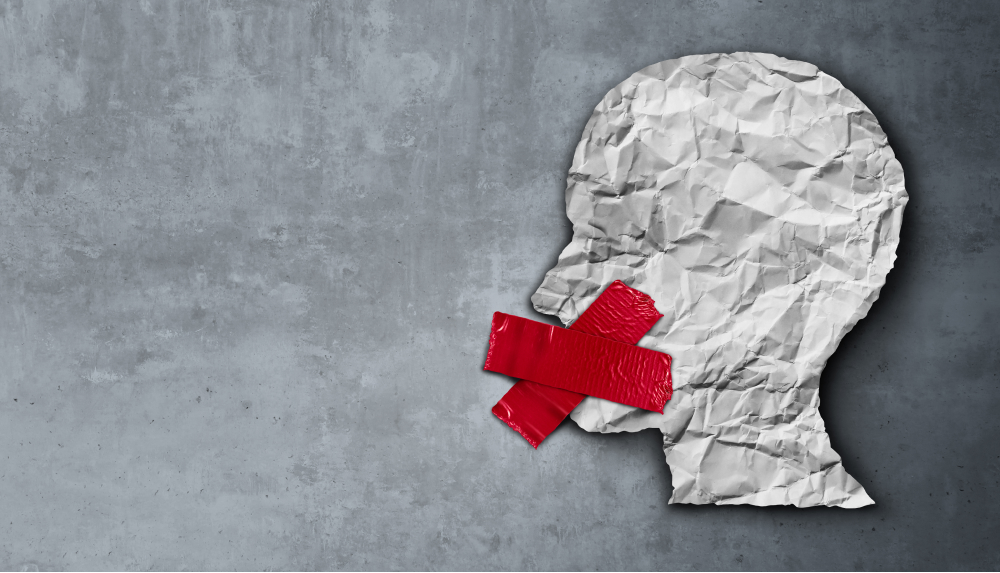
One verse, five voices. Edited by Salvador Litvak, Accidental Talmudist
Now it came to pass on the third day, when they were in pain, that Jacob’s two sons, Shimon and Levi, Dina’s brothers, each took his sword, and they came upon the city with confidence, and they slew every male. –Genesis 34:25
Rivkah Slonim
Education director, Binghamton University, New York
The story of Dina’s defilement by Shechem remains one of the most difficult of all biblical sagas. One vexing aspect has always been the way in which Dina was indicted for “going out,” in other words, blaming the victim.
The Lubavitcher Rebbe inverted that paradigm with his singular analysis of Rashi’s commentary on this saga. The rebbe taught that Dina, who had extraordinary power to transform individuals and could, perhaps, have brought Esau to teshuvah, atonement, (Rashi 32:23), actually “went out” for the purpose of seeing how she could influence the women of that region to come under “the wings of the Divine Presence”. (Rashi 34:1) We thus compare Dina to her mother, Leah, who “went out” for an exalted purpose. Why then, asks the rebbe, would we think Dina was up to no good?
The rebbe’s explanation illuminates Dina’s accomplishments. Indeed, all of the men of that region circumcised themselves in order to spiritually align with the seed of Abraham. And all of the women and children were absorbed into Yaakov’s household, becoming God-fearing and serving individuals. Fascinatingly, Dina’s daughter Osnath (fathered by Shechem) married Yosef; he, too, had all of the men in Egypt circumcised (Rashi 41:55).
Dina’s great power to transform could not be contained; it had to be released. In like fashion, taught the rebbe, women of this generation who are gifted with the ability to bring their fellow Jews to teshuvah, must “go out” and utilize their capabilities for the very same purpose.
Laura Notowitz
Judaic Studies Department chair, Pressman Academy
What happens when some remain silent and others speak out? After hearing what happened to his daughter, Jacob remained silent. (Genesis 34:5)
After learning about his son’s violent revenge, Jacob was critical but did not act (Genesis 34:30). Rashi says the brothers didn’t seek their father’s advice before their act of revenge. However, Jacob didn’t anticipate his sons’ rageful reaction nor provide any guidance. Does Jacob’s silence and inaction implicate him? As parents, are we responsible for our children’s behavior?
After witnessing Shechem’s actions and acknowledging his guilt, the people didn’t bring him to judgment, nor rescue Dina. Maimonides applies the rule, “all Israel are responsible for one another,” to the people of Shechem. Are they accomplices in Shechem’s guilt for neither stopping him nor crying out? As members, are we responsible for our community’s behavior?
The Talmud teaches, “Whoever can prevent his household from committing a sin but does not, is responsible for the sins of his household; if he can prevent the people of his city, he is responsible for the sins of his city; if the whole world, he is responsible for the sins of the whole world” (Shabbat 54b). This is the moral imperative illuminated by this story.
We must not remain silent. We must speak up and act out in the face of injustice. We must guide those closest to us and challenge them (and ourselves) to be and do better. We are responsible for our actions. We are responsible for one another.
Justin Levi
President of the Community Shul
One of the most common criticisms of the Torah, as with the entire Bible, is that it is a “violent” scripture. This criticism is used to invalidate the timeless wisdom of the Jewish people’s founding document as incompatible with the “enlightened” sensitivities of our modern world. However, such an accusation betrays an entirely surface-level understanding of the most profound document ever written.
This week, we have a perfect example. Shimon and Levi opt to avenge their sister’s dishonor by tricking, debilitating and then slaughtering an entire city. Sounds pretty brutal, no?
But what is God actually trying to tell us? Is the Torah encouraging violence? Indeed, the brothers’ actions, or at least their methods, are ultimately condemned. Jacob excoriates them, telling them that they have put his life and entire family at risk. If that wasn’t bad enough, he saved his most intense criticism for the end of the book of Genesis, when he was on his deathbed, no less.
In this scathing rebuke, Jacob denies either brother the kingship role of the family (and the entire Jewish people) because of their atrocious act. Further, according to Rashi, he compares them to Esau, one of the most evil characters in the entire Torah. When taken in this context, it is clear that the Torah is condemning the actions of Shimon and Levi. While the Torah makes clear the conditions under which force may be necessary, the message here is clear: Violence that comes from pure anger is unacceptable.
Rabbi Mendel Schwartz
Publisher, “I Love When That Happens”
Albert Einstein said, “The world is a dangerous place, not because of those who do evil, but because of those who look on and do nothing.”
My grandparents, who lived in Austria before World War II, were appalled not by the Germans and their propaganda but by their neighbors of 30-40 years — people who borrowed milk or sugar as good neighbors do but didn’t utter a sound after Kristallnacht. My grandmother said, “Those same neighbors were living in my home after the war and pretended my family and I never lived there.”
Even if you accepted only the Noahide Laws — which the citizens of Shechem accepted, according to Rashi — murder was prohibited. Being an accessory or an accomplice resulted in the same liability. Included in the Noahide Laws is a court system for judicial recourse. When that system fails us, as in Germany 1933-45, or Israel in 1948 and 1967, and we have nobody to turn to, not even the United Nations or the United States to come to our defense, we as a people are responsible for taking care of ourselves. Thank God it doesn’t happen often that we need to rely on weapons, bloodshed and organizations like the Haganah, Irgun, Israel Defense Forces, etc. “Never Forget” is a call of duty that means sometimes we leave our comforts and take action.
Still, Jacob was neither proud nor happy that Shimon and Levi murdered all the males in a city. It should never have come to that point. With proper leadership and education, hate, rape and murder should be reserved exclusively for Hollywood movies.
Rabbi Lori Shapiro
Founder, Open Temple
This is not a chaste tale; indeed, it reveals the basest parts of humans and how, when our eyes are open, every orifice and tip of our body is vulnerable to the pains of exposure. The actions of Shimon and Levi are viewed as revenge murders, and yet, their response to their father closes the periscope of this tale, “Should our sister be treated as a whore?” Might Shimon and Levi illustrate an extremist antecedent of “call out” culture?
While Dina is not walking around Canaan carrying a mattress, she is never heard from again. Earlier, in Genesis 32:23, Rashi teaches that Dina was kept in a box while Jacob and Esau were reunited, lest Dina be taken by Esau; this overprotection, Rashi suggests, led to her future wanderlust. Whatever the inspiration for Dina’s relations, it is clear that her voice has again been silenced.
Upon examining the fate of Shimon and Levi in Genesis Rabbah (49:5-7), Jacob’s final blessing to them is of material indigence; and yet, complexly, they are to dwell exclusively in the riches of disciplines: They become the scribes of Torah and teachers of children, as well as the musicians and guardians of the Temple. Perhaps Dina’s tale itself is her voice, a musical plea through the future Levites for us to transform this revenge story into a redemption tale, reminding us that from the darkest corners of the human psyche and most painful experiences emerge the language for our stories, our priests and our shamans.






















 More news and opinions than at a Shabbat dinner, right in your inbox.
More news and opinions than at a Shabbat dinner, right in your inbox.